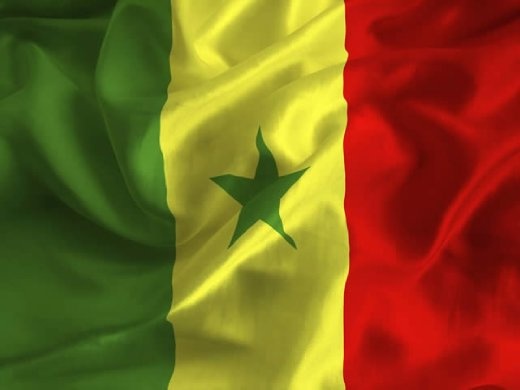Senegalese web experts weigh-in on 2012 presidential election

Photo credit: WorldNomads.com
Seven Senegalese experts recently weighed in on how social media is being used to promote and discuss the upcoming 2012 elections.
The whitepaper, “PRÉSIDENTIELLE 2.0: Facebook, Twitter et autres réseaux sociaux pour les élections 2012″ headed by Aboubacar Sadikh Ndiaye, addresses the use of the Internet for stakeholders in the 2012 Senegalese presidential elections. More specifically, networks and social media, Web 2.0 and the 2012 elections, social networks for candidates, social networks for Internet activists, the Community management policy, and opinions from the experts.
The first section of the paper discusses how social networks are a subset of social media. The author then discusses Barack Obama’s successful 2008 social media campaign and what it means to be an online community manager. The good stuff starts at page 59 when he interviews seven Senegalese Web experts on their views of what the Internet means to Senegal, how politicians can use the Internet, and their vision of the web for the upcoming presidential election. This last question is perhaps the most intriguing.
The general consensus is that the Internet is a powerful tool and will be useful in disseminating information about Senegal’s election. However, relatively few Senegalese access the Internet, and information can be unreliable. Still, many experts feel that the Internet is creating a new type of “e-citizen” in Senegal – one who is empowered to create constructive dialogue that will move Senegal forward as a society.
Below are summaries of the experts’ responses, translated from French.
Hamadou Tidiane Sy, veteran journalist
- the web will be present but its impact will be marginal
- illiteracy prevents many from using social networks
- the Internet is not yet sufficiently democratized to become a tool of mass communication
Mamadou Ndiaye, professor at ITSEF
- the web will be a major player in this campaign
- everything will depend on the ability of candidates or their advisers to use this technological support
- it will be useful to reach voters in the Diaspora
- the internet is a tool of the elite
- according to official figures, the number of internet users (About 1 million) and the rate of Internet penetration (7.3%) are still low
Cheikh Fall, project manager and web developer
- the Web is already at the heart of this presidential in February 2012
- today with the Sunu2012.sn platform, each Senegalese has the opportunity to know the different protagonists who are vying to challenge for the votes of the electors
Annick Diop, group coordinator
- the Web is the ultimate space to acquire information
- the contents of the Web are not always reliable
- the Web is the propaganda tool of the political parties and it allows everyone to be aware of everything that happens out there, and in real-time
Mountaga Cisse, IT professional & co-founder ITMag.sn
- the web allows the initial time to provide instantaneous information on the process, then give access national and international Internet users a detailed description of campaign proposals
- the web is also a tool for dialogue between candidates and voters
- the web allows for better supervision of conduct of the vote by centralized feedback and after the elections, promotes wider dissemination of results
Basile Niane, journalist
- Web 2.0 will be the heart of this presidential 2012
- the elections have contributed to a new type of online citizen, or E-citizen.
Mohamded Ben Pape Diouf Alcaly, political consultant
- the Internet tools, when used properly, can help empower groups of individuals previously deprived of an ability to act politically
The entire 156-page white paper is available as a free download from the following link: https://www.itmag.sn/docs/livreblanc-presidentielle-20
![]()






































